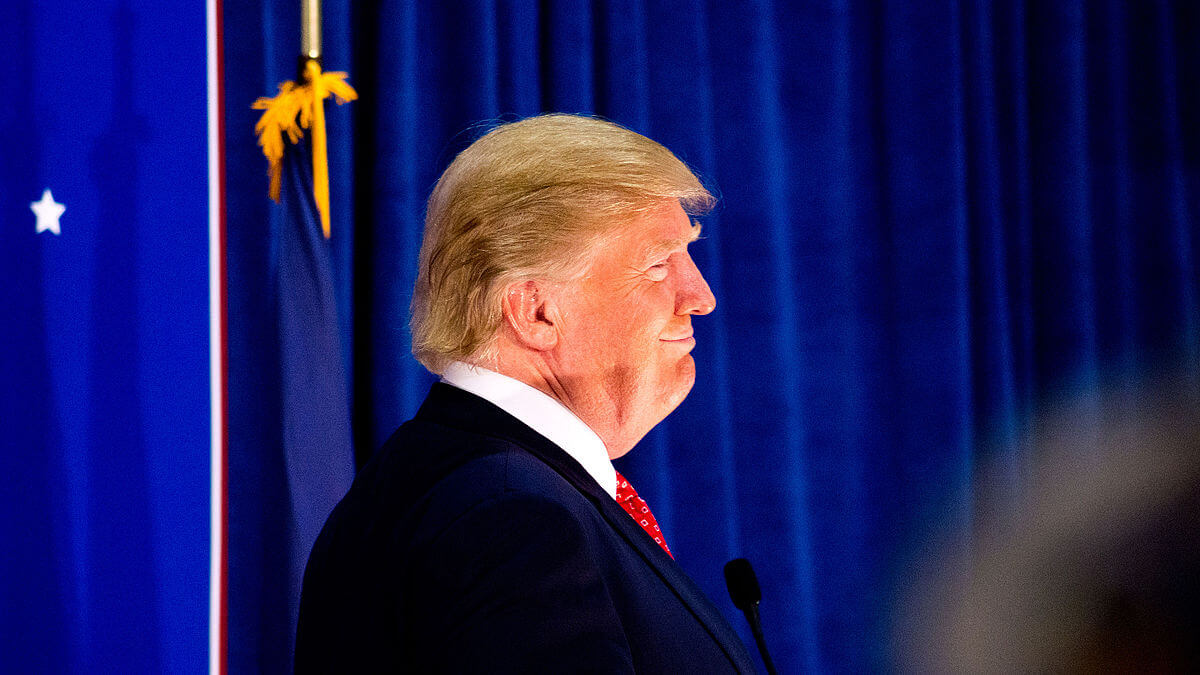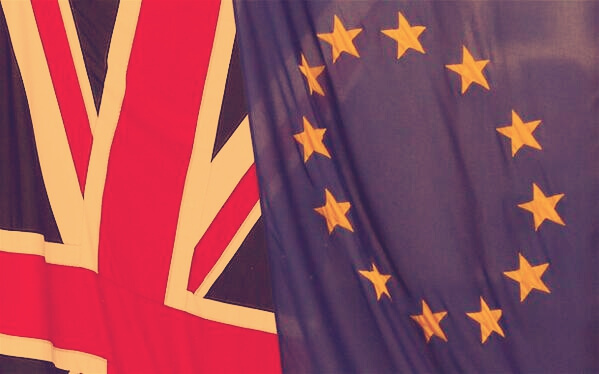You did not have to be told that William “Bill” McCollam, Jr., who died on July 30, 2016, at the age of 91, was a soldier. His deportment shouted it: square shoulders, straight back and erect head. I wondered whether his toes were equally straight.
I knew him as the distinguished head of the Edison Electric Institute, during a period of change for it and the electric utility industry. He oversaw its move from New York to Washington in 1979 — a move that reflected the greater role of government in energy during the turbulent decade of energy shortages, which began with the Arab oil embargo in 1973.
McCollam was a scholar. He entered Louisiana State University when he was 15, graduated in 1946; entered the U.S. Military Academy at West Point, graduated from there with honors; and earned his Masters of Engineering in 1954 from MIT.
He was a soldier, serving in the Korean War, participating in the Battle of Inchon, and receiving two Bronze Stars for service in the 2nd Engineer Special Brigade.
He was a teacher, returning to West Point as an instructor in the Department of Military Art and Engineering from 1958-61. He served in the Army Corps of Engineering from 1946-61, where he achieved the rank of lieutenant colonel.
When McCollam went to work for Arkansas Power and Light in 1961, electric utilities were facing major changes. Executives with his skills were in demand, not the least of which was his gentlemanly manner. He was a New Orleans gentleman in the best sense: courteous, considerate and generous.
It must have been a glad day for McCollam and his wife, Hope, when he landed a job as executive vice president of New Orleans Public Service, both had deep family roots in Louisiana. In 1971, McCollam was named president of the company, which also ran the public transit system .
Years later, I would argue with McCollam about the economics and purposes of public transit systems. He, with his gift for numbers, was not in favor of public transport because of the high cost. I, with my experience in London, thought it was a worthwhile expense in order to keep cities moving and their economies competitive. McCollam, as I recall, averred in that lovely Southern way of his.
McCollam expected “every man to do his duty.” That was his management style: steadfast, no histrionics, no flamboyance.
I remember less of my encounters with him by day than with our evenings together. He and Hope would take my wife, Linda Gasparello, and I to dinner, and then to hear a National Symphony Orchestra concert. On these occasions, he would lay aside somewhat his correctness to venture a risque joke and to be a little less the officer and more the man.
In the Army McCollam was stationed in Guam, Japan and Korea, and he maintained a keen interest in international affairs. That may have been the key to his warm friendship with David Fishlock, the late London correspondent of The Energy Daily and science editor of the Financial Times. Fishlock appreciated McCollam’s engineer’s mind and the cuisine of New Orleans, which he and Hope always waxed lyrical about.
His successor and current president at EEI, Tom Kuhn, kept McCollam on as an international adviser. And he flourished in one of those busier-than-before retirements.
Bill McCollam could not have engineered a better life for himself. His was a life in full and in order.








